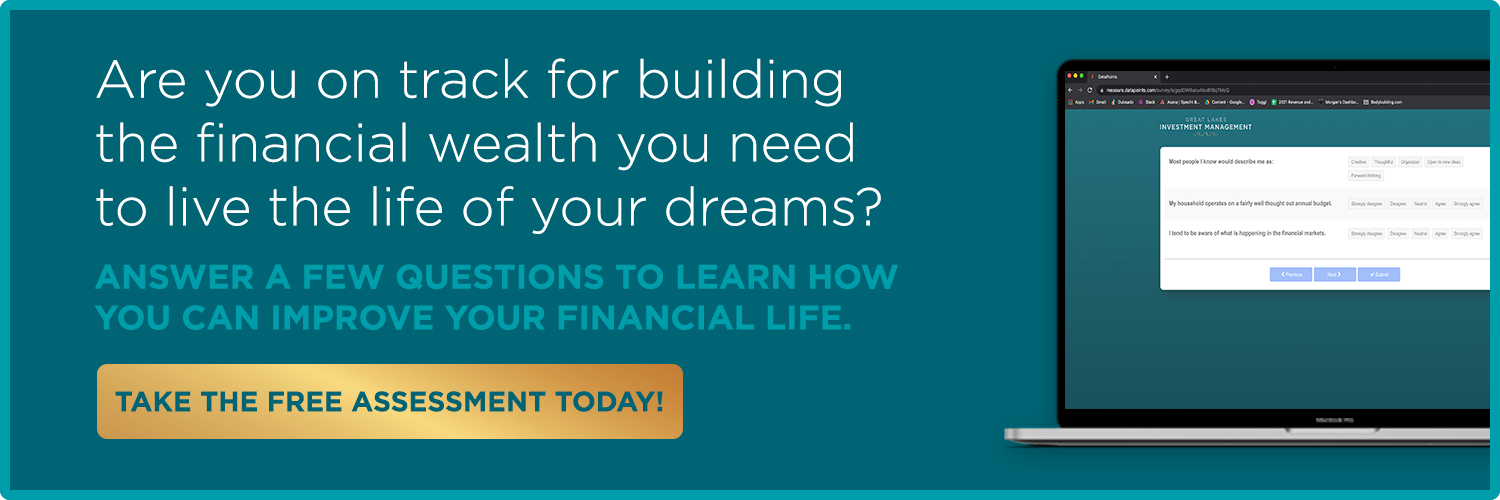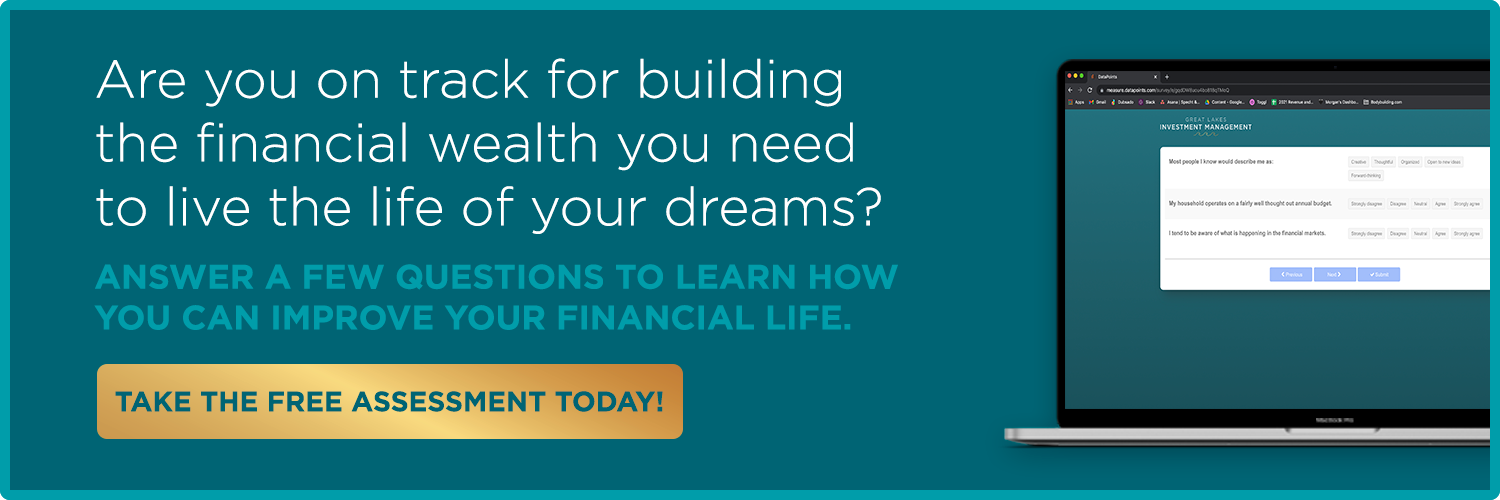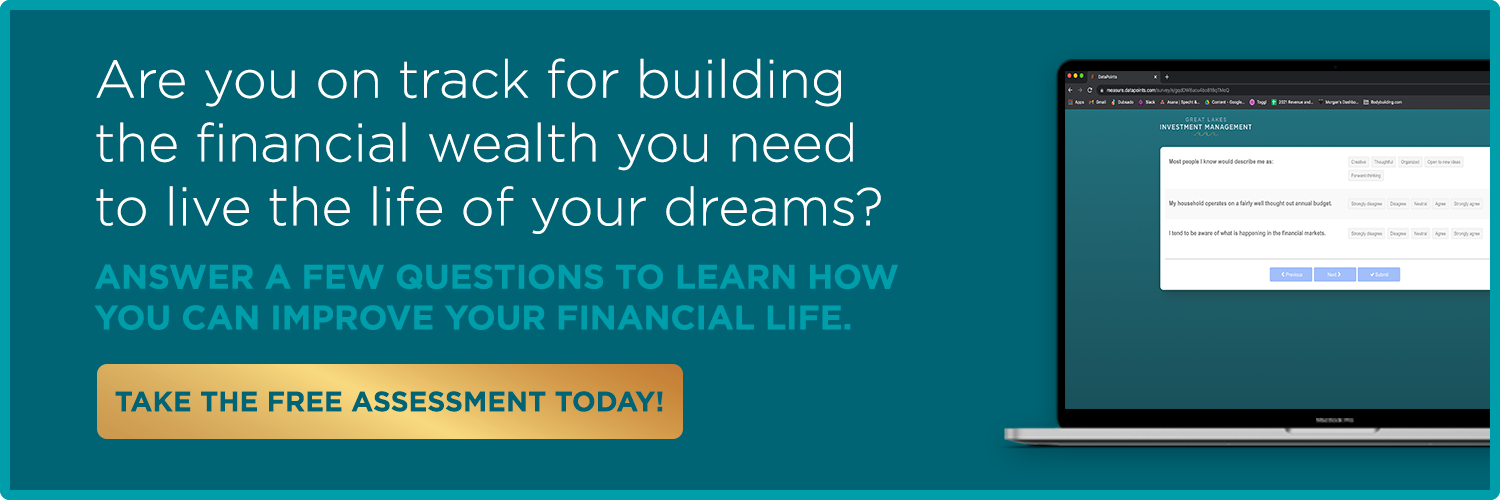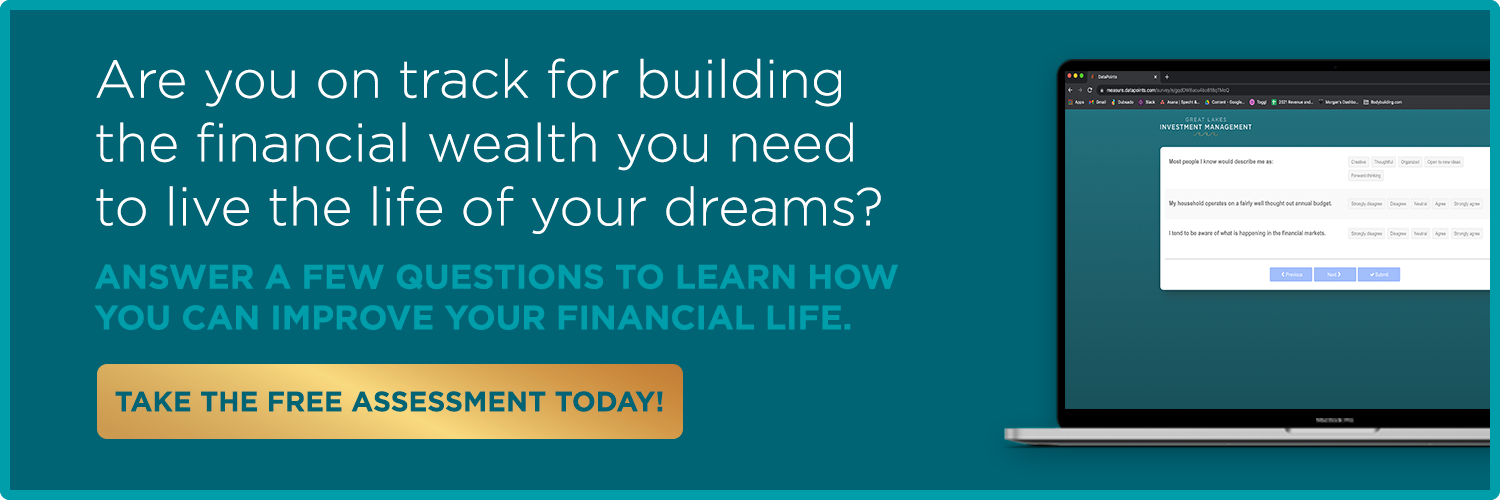6 Investor Tips for Handling Wild Market Swings
Whether you are a relatively new investor or you've been at for a while, the recent market swings have not been for the faint of heart. Yes, it's common knowledge that what goes up, must come down. However, even if you view market volatility as a regular occurrence, it can be tough to handle when you're watching your account balance drop.
While there's no fool-proof way to handle the ups and downs of the stock market, the following common-sense investor tips can help.
6 Investor Tips to Help You Stay the Course
- Don't put your eggs all in one basket
- Focus on the big picture
- Look before you leap
- There is a silver lining to market volatility if you look for it
- Temper your optimism
- Don't stick your head in the sand
Investor Tip #1: Don't put your eggs all in one basket
Diversifying your investment portfolio is one of the key ways you can handle market volatility. Because asset classes often perform differently under different market conditions, spreading your assets across ...
Roth IRA vs 401(k) - What’s the Difference and Why Does it Matter?
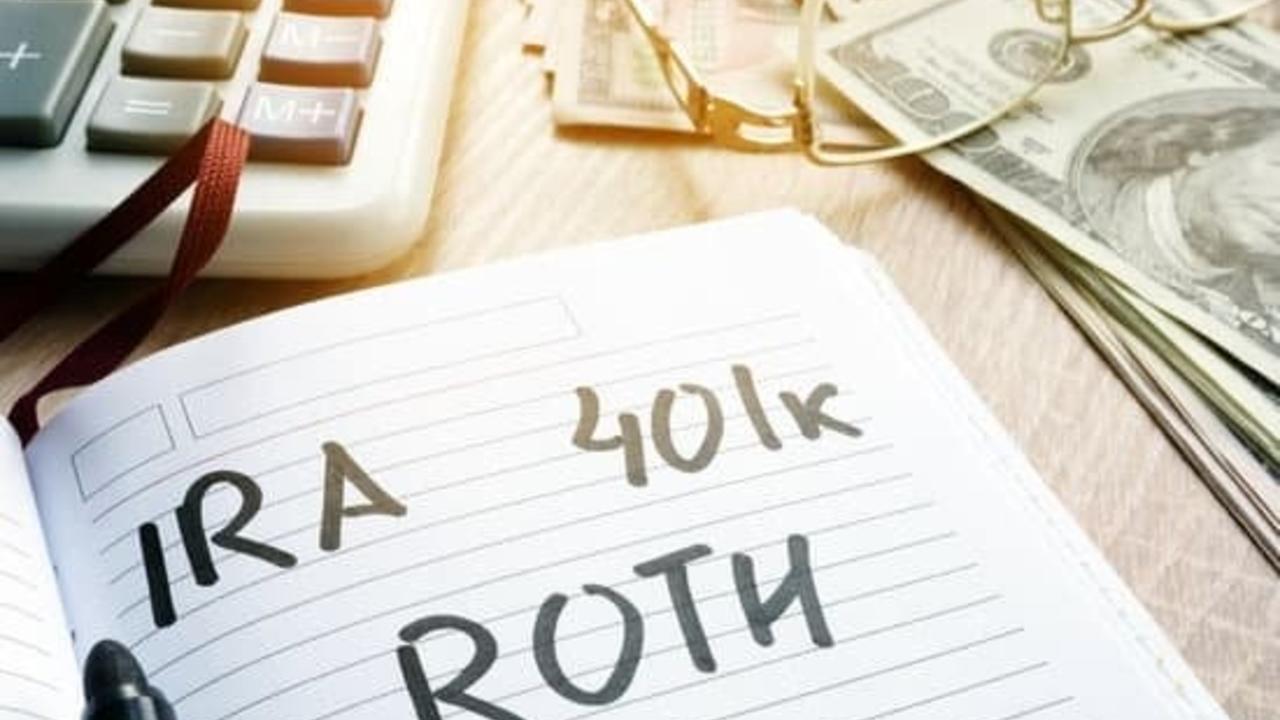
Whether you’re starting a new job that offers retirement savings options, or you’re looking into managing your investments yourself, it’s easy to get overwhelmed. If you feel like investment lingo is too far beyond your wheelhouse to tackle, learning about the different types of retirement account is a good place to start. In this case, get a basic understanding of the differences between a Roth IRA vs 401(k). Let's work through what each of those types of accounts is, how to use them, and the pros and cons of each. Spoiler alert: Some people are eligible to take advantage of both account types.
What is a 401(k)?
A 401(k) is an employer-sponsored savings plan, which is often included in the benefits package of a full-time job. If your job offers a 401(k), you can sign up through your employer. The account is then managed through the financial institution of your employer’s choosing.
Once you’ve signed up for your 401(k) account, you’ll have the option to fund the account directly...
30 Financial Tips for 30 Days of Financial Literacy Month

In honor of Financial Literacy Month, we have been sharing daily financial tips online. Each is very simple and easy to implement. Here's a recap of our 30 financial tips for Financial Literacy Month.
30 Financial Tips
Tip #1: Set up autopay for recurring bills
Stop wasting your hard-earned money on late fees. Set your bills on autopay and never pay another late fee again.
Tip #2: Small reductions in spending add up to big savings over time.
Making one small change a day can make a huge impact on your ability to save. Making coffee at home instead of buying it out is a simple example that many people refer to. Let's say it costs $0.50 per day to make coffee at home, and it costs $2.50 to buy coffee out. If you made the switch, you would be able to save an extra $2.00 per day. Over the course of the year, you could save an extra $730 just from that one simple change. If you invested that money at a 7% annual return, you would have saved over $10,000 over a 10-year period. That'...
Teachers, do you know the answers to these questions about your 403(b)?

As some of you know, I started my career as a teacher. Also, as a mother of three, I am frequently interacting with teachers so it should come as no surprise that many of my clients are teachers or school administrators. Through this work, I have learned that there is a lot of confusion among educators when it comes to saving for retirement. For today, I am going to focus on one specific element of the retirement plan and that's the 403(b) account.
403(b) Basics
Before I get to the questions about your 403(b) that you should show know the answer to, let's start with the basics. What is a 403(b) and why would you be contributing to it? A 403(b) is a tax-deferred retirement plan. That means the money goes in with pre-tax dollars and grows tax-deferred. It is taxed as ordinary income when withdrawn from the plan. A 403(b) is available to employees of schools and certain non-profit organizations. It's named after the section of the IRS code governing it. For 2018, the IRS contribution ...

